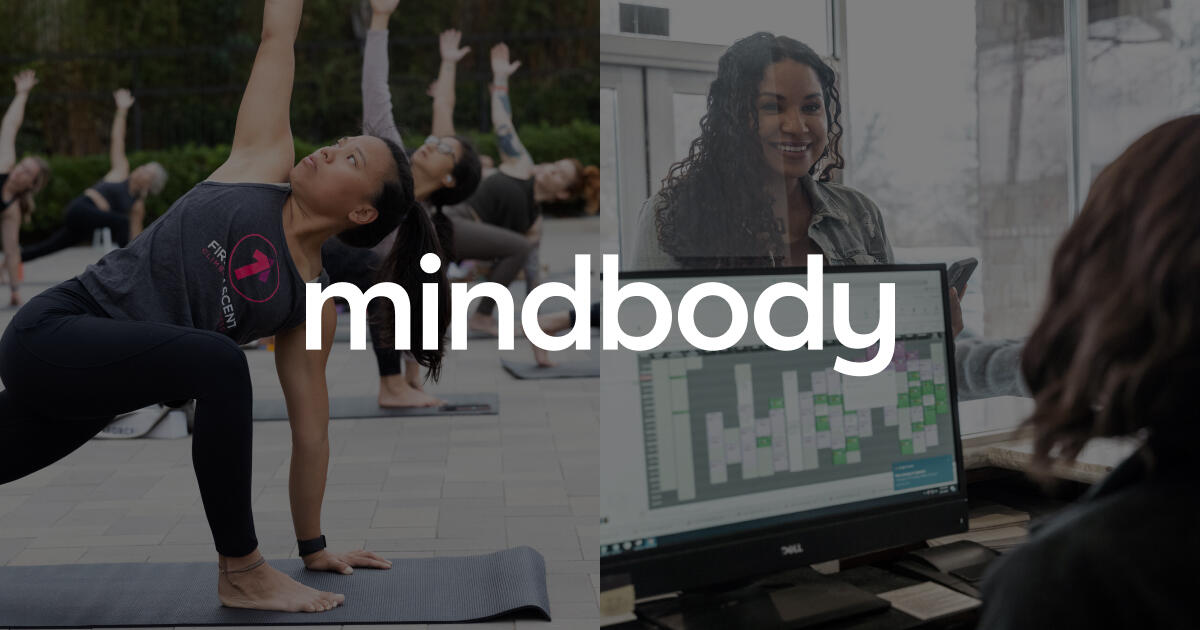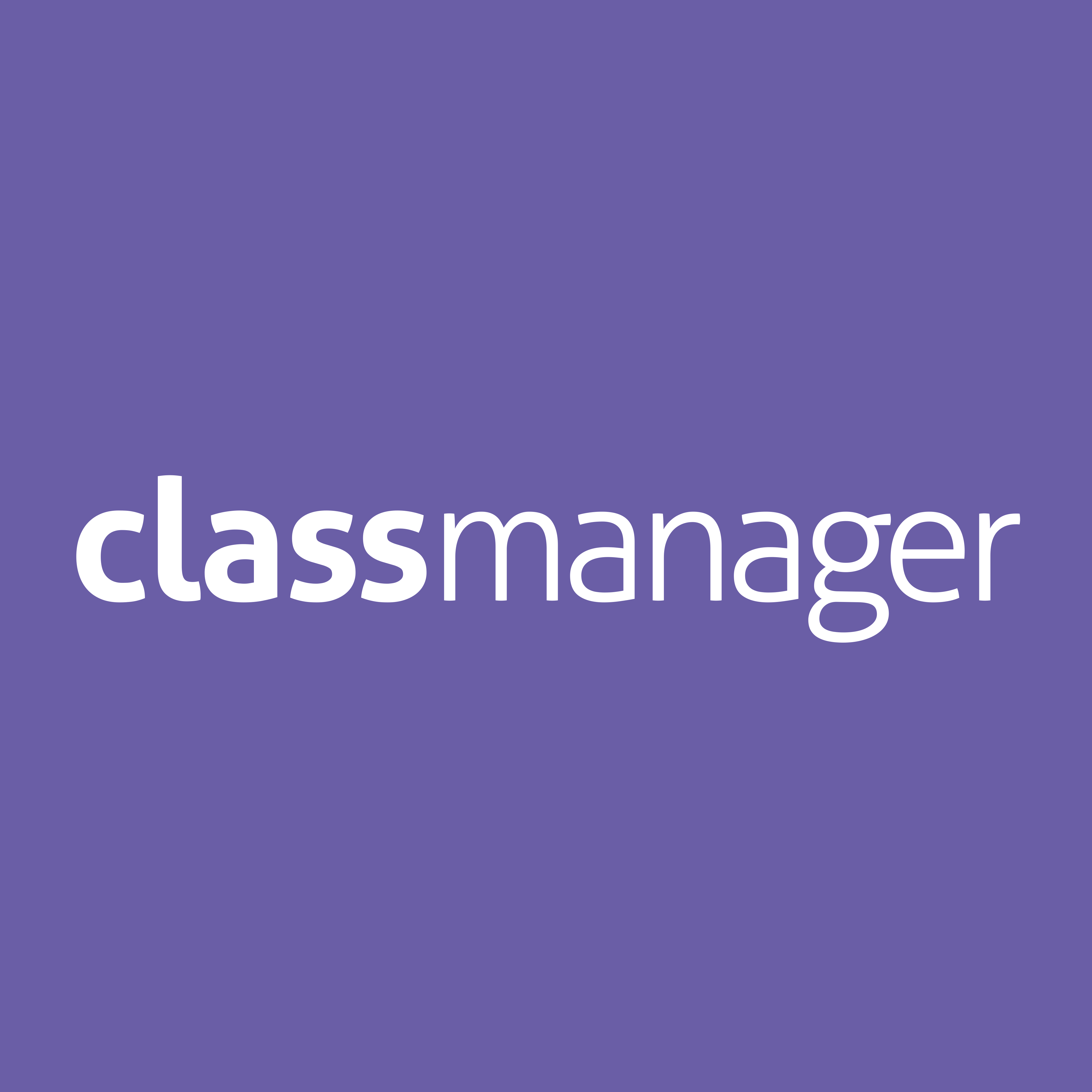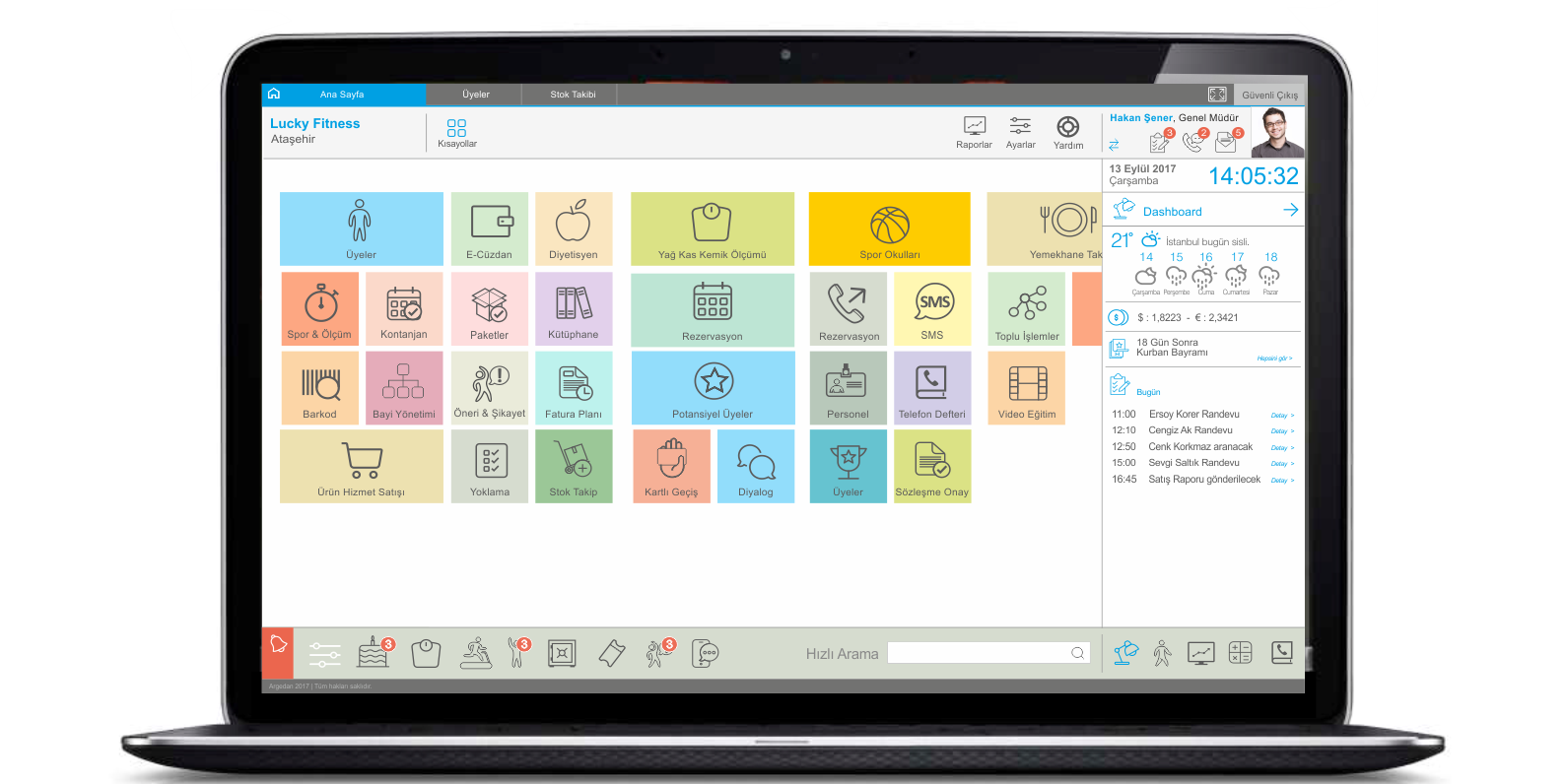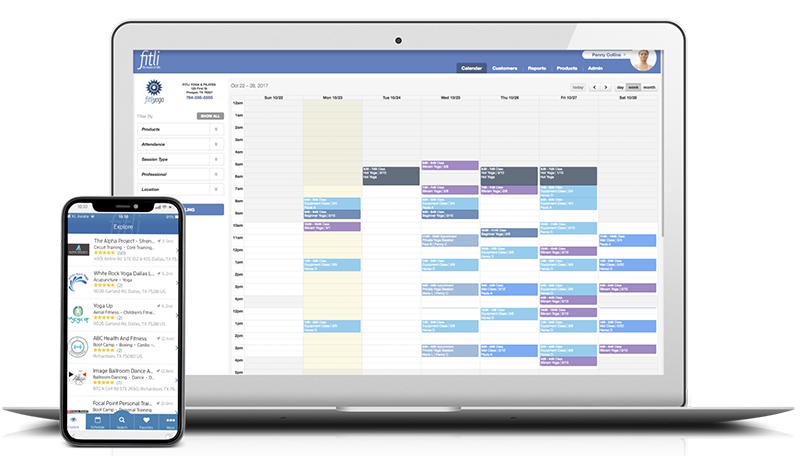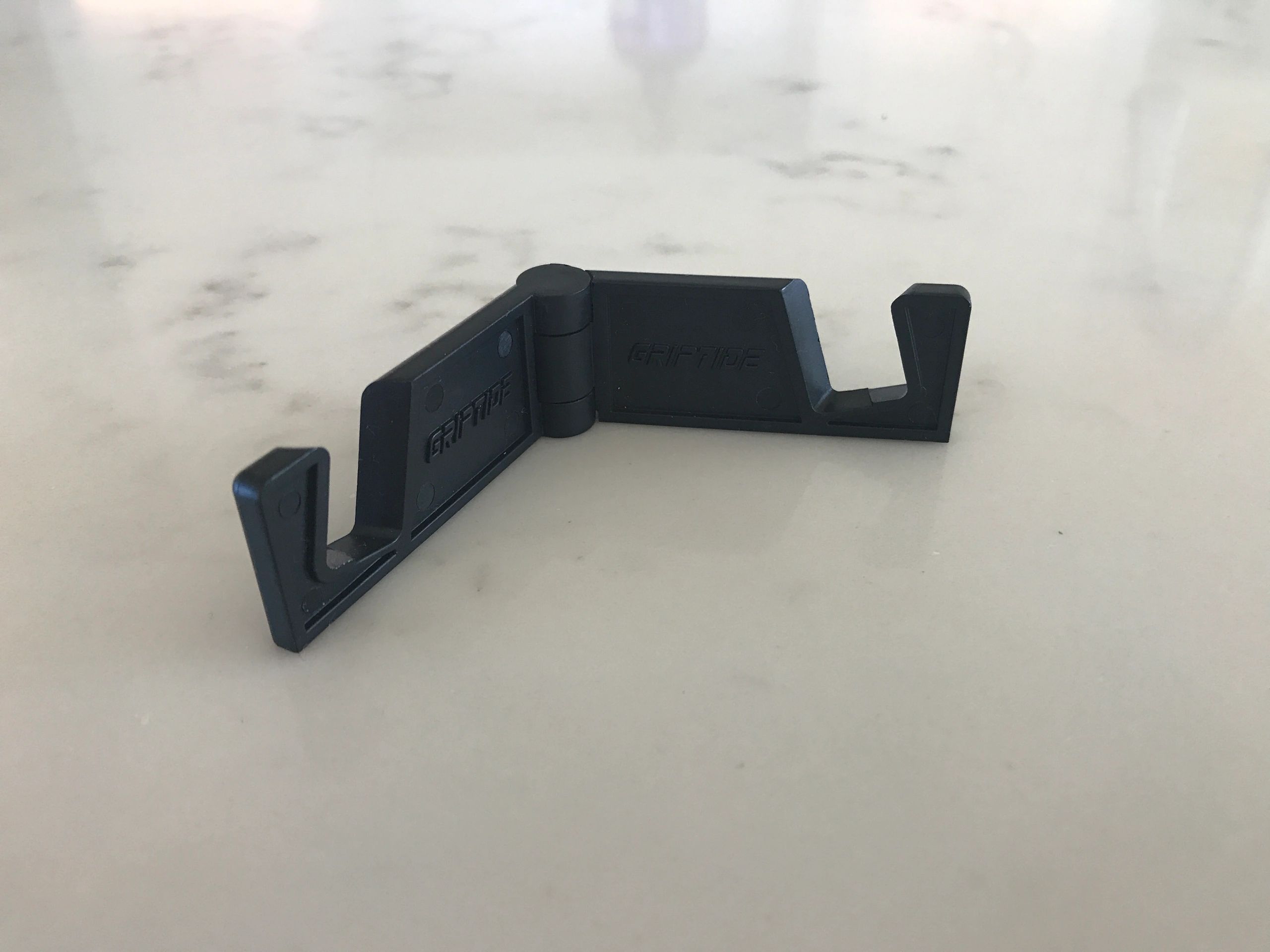Introduction
Finding the right fitness club management software is crucial for running an efficient gym or studio business. With so many options on the market, it can be challenging to choose a solution that meets your specific needs. This blog aims to simplify the selection process by reviewing and comparing the 15 most popular and capable solutions based on key criteria like features, ease of use, pricing, security and support.
Methods of Evaluation
To rank and evaluate each company, we considered the following conventional criteria: features and functionality, pricing, ease of use and customization, security and support. Additionally, we also leveraged other modern metrics like the number of backlinks, traffic and keyword trend data to ensure the most established and in-demand solutions rise to the top of our list.
1. Mindbody
Mindbody is one of the largest and most trusted providers of gym and fitness business management software. Founded in 2001, Mindbody currently powers over 55,000 wellness businesses ranging from boutique studios to large corporate gyms. Their all-in-one software helps businesses streamline operations, engage clients, and grow revenue.
Pros: Some key advantages of Mindbody include:
– Trusted by tens of thousands of fitness businesses globally
– Online booking, payments, scheduling & client portal for easy client management
– Easy onboarding & setup process with onboard experts to assist
– Integrations with other apps like Calendly, Zen Planner & more for a seamless overall experience
Cons: One potential disadvantage is the pricing, as Mindbody plans and pricing can be more expensive compared to some other gym management software options.
Pricing: Mindbody offers various pricing plans starting from their Basic plan at $79/month up to their Unlimited plan at $179/month. Pricing varies based on the number of locations, features required, and number of clients/classes.
Some key stats about Mindbody include:
– Tens of thousands of fitness businesses globally rely on Mindbody
– Over 55,000 wellness businesses use Mindbody software
– Monthly client base of over 50 million users
2. WellnessLiving
WellnessLiving is an all-in-one business management software for the health and wellness industry. Founded in 2009 and based in New York City, WellnessLiving provides a fully integrated solution to help gyms, studios, spas and salons manage every aspect of their business in one place. With over 10 million users globally, WellnessLiving helps businesses streamline operations, boost client engagement and run a more profitable venture.
Pros: Some key advantages of WellnessLiving include:
– All-in-one solution focused on optimizing the member/client experience
– Online booking, calendars and payment processing for easy client self-service
– Comprehensive class, training and personalization tools to engage clients
– Intuitive mobile apps for easy management and client touchpoints on the go
Cons: As an all-encompassing solution, the breadth of tools and features could be overwhelming for some smaller businesses or those with less complex needs. The software may be overly robust for those seeking a more basic solution.
Pricing: WellnessLiving offers flexible pricing plans starting from $79 per month for a single location. Pricing varies based on features, number of locations and staff users. All plans include 24/7 support. Additional users, features and integrations can be purchased a la carte. WellnessLiving also offers a free 14-day trial.
Some key stats about WellnessLiving include:
– Over 10 million total users worldwide
– Available in over 50 languages
– Used by over 50,000 businesses globally
– Processes over $5 billion in payments annually
3. Zenoti
Zenoti is a cloud-based gym management software that helps over 12,000 fitness studios, gyms, training facilities and wellness centers manage their business. Founded in 2010, Zenoti provides an all-in-one solution to streamline operations, drive member engagement and boost revenue.
Pros: Some key advantages of Zenoti include:
– Feature-rich gym management platform to handle scheduling, billing, inventory, CRM and more
– Mobile apps allow gym owners and trainers to manage classes, bookings and clients on the go
– Integrated payments make it easy to accept online and in-person payments
– Automated features and reminders improve client engagement and retention
Cons: A potential disadvantage is that the software requires an internet connection to access all features as it is cloud-based. This means gym owners are reliant on a stable internet connection.
Pricing: Zenoti offers various pricing plans starting from $99 per month for a single location. Pricing is based on the number of locations, trainers, classes and other features. They also offer a free 30-day trial to test the software.
Some key stats about Zenoti include:
– Over 12,000+ businesses in 50+ countries use Zenoti worldwide
– Integrations with major payments processors like Stripe
– Mobile apps for both clients and staff
– Automated features like reminders, membership programs and analytics
4. Daxko
Daxko provides fully integrated facility management software for gyms and fitness centers. Founded in 1998 and headquartered in Houston, Texas, Daxko powers over 10,000 fitness facilities around the world. Their all-in-one platform offers member management, payments processing, schedules, attendance tracking, marketing, and more to help gyms manage every aspect of their business.
Pros: Key advantages of the Daxko gym management software include:
– All-in-one solution handles every aspect of gym operations from one central system
– Powerful reporting and analytics Dashboard provides real-time business insights
– Mobile app included for both staff and members for 24/7 access anywhere
– Seamless third-party integrations like Mindbody, Payscape and more
– Gold-standard customer support and implementation services
Cons: A potential disadvantage of Daxko could be the upfront cost which may be prohibitive for some very small independent gyms or startups on a budget. However, their pricing is competitive for their all-inclusive feature set targeting mid-large sized fitness brands and franchises.
Pricing: Daxko offers tiered and customized pricing based on facility size and desired functionality. Basic plans start at around $150/month for a single location with additional per-member fees. Larger multi-site franchises can expect to pay $3-5K/month or more for unlimited locations and a full suite of revenue-generating modules and support.
Some key stats about Daxko include:
– Serves over 10,000 facilities globally across 50 countries
– Robust suite of management modules to handle memberships, billing, scheduling, fitness tracking and beyond
– Integrated CRM, online registrations and payments processing capabilities
– Highly customizable platform that can scale to support large multi-site fitness brands and franchises
5. Pike13
Pike13 is a leading gym management software designed specifically for boutique fitness studios and small gyms. In business since 2007, Pike13 offers an all-in-one solution for scheduling, attendance, billing, payroll, reporting and more. With their mobile optimized client portal and POS system, Pike13 provides gym owners everything they need to efficiently run their business.
Pros: Key advantages of Pike13 include:
– Designed specifically for boutique fitness studios and small gyms
– Comprehensive POS and membership management modules
– Ability for clients to book classes online and see waitlists
– Mobile optimized client-facing portal for easy booking and account access
Cons: One potential disadvantage is that the software is more tailored for smaller boutique studios versus larger commercial gyms.
Pricing: Pike13 offers simple monthly pricing plans starting at $79 per month for a single studio. Additional features like payroll, customized mobile apps, and branded client portals have additional associated fees.
Some key stats about Pike13 include:
– Used by over 3,000 fitness studios worldwide
– Integrates with major payment processors like Stripe for seamless billing
– Mobile apps available for both iOS and Android
6. Gymondo
Gymondo is an all-in-one gym management software that offers comprehensive features to help gyms and fitness studios streamline operations and deliver the best member experience. Some key features include member onboarding, scheduling, billing and payments, inventory management, purchase orders, and classes & training functionality.
Pros: Some key advantages of Gymondo include its all-in-one platform that handles the entire gym workflow in one place. It allows gyms to efficiently onboard, schedule, and bill members as well as manage inventory, classes and more. Gymondo also offers mobile apps for both iOS and Android to enable members and staff to access key features on the go.
Cons: One potential disadvantage is that Gymondo may have a slightly higher starting price point compared to some basic gym management software options. However, it aims to offer more comprehensive functionality to help justify the cost.
Pricing: Gymondo offers several pricing tiers starting from $49/month for the Basic plan up to $149/month for the Premium plan. Pricing is based on the number of members, staff users and additional features/integrations needed.
Gymondo is used by over 4,000 gyms worldwide with over 1 million members using the platform. They have offices in Berlin, New York and Shanghai to better serve the global fitness community.
7. GymDesk
GymDesk is a modern cloud-based gym management software designed to help fitness businesses streamline operations and enhance the member experience. With over 10 years of experience in the fitness industry, GymDesk provides an all-in-one platform for member management, billing, class and trainer scheduling, attendance tracking, marketing and more.
Pros: Some key advantages of GymDesk include:
– All-in-one cloud-based solution with no software to install or maintain
– Intuitive member-facing portal and app for self-service class booking, payments and profile management
– Robust CRM tools for tracking leads, appointments and communications
– Flexible class and personal trainer scheduling with waitlists and autorebooking
Cons: One potential disadvantage is that the software requires an internet connection to access all features from any device. However, GymDesk is cloud-based so there is no server to maintain on-premise.
Pricing: GymDesk offers three pricing tiers: Basic ($49/month), Professional ($99/month) and Elite ($149/month). All plans include full access to the member portal and mobile app. Higher tiers provide additional features like unlimited staff accounts, enhanced booking options and integrations.
Some key stats about GymDesk include:
– Used by over 5,000 gyms worldwide
– Manage over 1 million members
– Integrations with 20+ platforms including Mindbody, Wodify, Lifesum and more
– Real-time reporting and analytics dashboard
8. PerfectGym
PerfectGym is a complete fitness management software designed specifically for boutique fitness studios and small gyms. In business since 2007, PerfectGym helps over 3,000 studios globally manage members, book classes, track inventory and more.
Pros: Some key advantages of PerfectGym include:
– Specializes in the needs of boutique studios and small gyms
– Intuitive member profiles for tracking attendance, purchases and personal details
– Flexible class and activity booking modules
– Real-time inventory management and check-ins
Cons: One potential disadvantage is that as a platform focused primarily on smaller studios and gyms, it may lack some more advanced features found in larger enterprise solutions.
Pricing: PerfectGym offers simple monthly pricing starting at $79/month for a single location. Additional fees apply for add-ons like integrated payments, additional users and advanced reporting.
Some key stats about PerfectGym include:
– Used by over 3,000 studios globally
– Integrates with major payment processors like Stripe, Braintree and PayPal
– Mobile apps for both iOS and Android
– Real-time member check-ins and class reservations
9. Gymcatch
Gymcatch is a complete gym and fitness center management software created by Gymcatch. Founded in 2013, Gymcatch provides an intuitive system tailored for smaller personal training businesses to manage their operations and client relationships. With headquarters in London, Gymcatch serves over 5000+ gyms and fitness studios globally.
Pros: Some key advantages of Gymcatch include:
– Intuitive system designed specifically for smaller personal training businesses and gyms
– Strong focus on client relationship management tools to improve customer retention
– Affordable pricing for basic features and tools needed for small to medium-sized gyms
Cons: A potential disadvantage is that the feature set may be more limited compared to software designed for larger commercial gyms with more advanced needs.
Pricing: Gymcatch offers flexible monthly pricing plans starting from £29 per month for basic features suitable for most small personal training businesses and gyms. Additional tools and capabilities are available in higher-priced plans.
Some key stats about Gymcatch include:
– Serves over 5000+ gyms and fitness studios globally
– Focused on client relationship tools like forms, surveys and customized training plans
– Intuitive booking system for in-person, live virtual and on-demand fitness classes
10. ClubWise
ClubWise is a leading gym management software for clubs and fitness facilities. Founded in 2003, ClubWise provides an integrated club management system to help sports clubs and gyms streamline operations and enhance the member experience. The cloud-based system allows clubs to manage memberships, billing, staff scheduling, inventory, bookings and more from one centralized hub.
Pros: Some key advantages of ClubWise include:
– Feature-rich solution that supports the core needs of sports clubs and gyms
– Integrated POS, scheduling, billing and online payment processing
– Customizable mobile and web member portals for self-service
– Real-time usage tracking and reporting for data-driven insights
Cons: One potential disadvantage is that the full suite of features may be overkill for smaller, independent gyms on a budget. The subscription pricing is also relatively high compared to some other options.
Pricing: ClubWise pricing starts at $149/month for the basic Core plan, scaling up to $349/month for the advanced Premium plan. Additional fees apply for POS hardware, live chat support and premium features like the self-service kiosk module.
Some key stats about ClubWise include:
– Used by over 3,000 clubs worldwide
– Supports over 1.5 million members
– Integrates with over 150 POS systems for seamless billing
– Mobile apps available for both iOS and Android
11. Class manager
Class manager is specialized class management software created for yoga studios, Pilates studios, dance schools and other activity centers. The software helps streamline operations, boost member engagement and grow revenue. In business since 2012, Class manager powers thousands of classes, clubs and studios globally.
Pros: Key advantages of using Class manager include:
– Specialized app for yoga/Pilates studios to schedule classes, track attendance and more
– Enhance member engagement via forms, waivers and surveys
– Basic tools for member management and billing
Cons: A potential disadvantage is that the free version only supports one instructor and up to 50 members. For larger studios, a paid plan is required.
Pricing: Pricing for Class manager starts from £25 per month for the Plus plan. The pricing includes unlimited classes/instructors and up to 500 members. Additional paid plans are also available for larger studios or those needing extra customization.
Some key stats about Class manager include:
– Used by over 5,000 studios and gyms worldwide
– Supports scheduling and managing unlimited classes, instructors and members
– Integrates with payment gateways like Stripe for seamless billing
12. Gympro
Gympro is a cloud-based gym management software that allows gym and fitness studio owners to manage memberships, scheduling, billing, and more. In business since 2008, Gympro serves over 3,000 gyms internationally and is one of the leading gym management solutions on the market.
Pros: Some key advantages of Gympro include:
– Affordable pricing starting at $49/month
– Intuitive check-ins, scheduling, and booking capabilities
– Digital and paper waivers to simplify paperwork
– Customizable POS, dashboards, and member portals
Cons: A potential disadvantage is that the free trial period is only 14 days, which may not provide enough time to fully test all features for larger gyms and studios.
Pricing: Gympro offers three pricing tiers:
– Basic: $49/month – Best for small gyms under 100 members
– Pro: $99/month -Includes advanced reporting and unlimited classes/instructors
– Elite: Custom quote – Includes priority support and custom configuration
Some key stats about Gympro include:
– Serves over 3,000 gyms globally
– Processes over $100 million in billing annually
– Integrates with over 20+ POS systems including Mindbody, Virtuagym, and Zenoti
– Available in over 15 languages
13. Omnify
Omnify is comprehensive gym management software used by over 1000 gyms worldwide. It provides an all-in-one solution for managing memberships, classes, inventory, billing, and more from any device.
Pros: Some key advantages of Omnify include: comprehensive ERP software trusted by YMCA, modules for operations, billing & inventory, custom reporting & enterprise security, and integrated online client features.
Cons: A potential disadvantage is the pricing may be higher than some more basic gym management software options.
Pricing: Omnify offers monthly and annual pricing plans starting at $99 per month for the basic plan.
Some key stats about Omnify include: it has over 15 years of experience in the fitness industry, supports both individual and corporate memberships, and integrates seamlessly with payment gateways like Stripe.
14. Fitli
Fitli is an all-in-one fitness management software designed to help gyms, studios and personal trainers manage their entire business. In business since 2016, Fitli offers an intuitive platform to handle scheduling, payments, client management and more from one centralized system.
Pros: Some of the key advantages of Fitli include:
– All-in-one solution for small to enterprise gyms with POS, billing, CRM and more
– Intuitive scheduling modules for classes, trainers and resources
– Integrated online waiver and signup forms to streamline new client on boarding
– Flexible billing and payments tools to manage memberships and transactions
Cons: One potential disadvantage is Fitli is only available as a monthly subscription and not a one-time purchase which may not suit all budgets.
Pricing: Fitli offers three pricing tiers:
– Basic: $49/month for up to 3 staff accounts
– Pro: $99/month for up to 10 staff
– Elite: Custom pricing for enterprise gyms with 500+ members
Some key stats about Fitli include:
– Used by over 5,000 gyms, studios and trainers worldwide
– Processes over $50M in transactions each year
– Supports gyms with up to 500 locations
– Integrates with major payment gateways like Stripe and PayPal
15. RipTide
RipTide is a leading gym management software that provides an all-in-one solution to help gyms and fitness studios manage their business. Founded in 2012, RipTide has grown to serve over 5,000 gyms in 50 countries. Their software focuses on optimizing the user experience for both gym owners and their members.
Pros: Some key advantages of RipTide include:
– All-in-one solution with a focus on optimizing the user experience
– Mobile optimized POS, scheduling, and billing functionality
– Integrated inventory, membership management, and class scheduling
– Customizable online member portals and brandable fitness features
Cons: A potential disadvantage is that the software is designed primarily for medium and larger gyms. Smaller studios with only one location may find some features unnecessary or too complex.
Pricing: RipTide offers flexible pricing plans starting at $99/month for a single location. Additional locations are $49/month each. There are no long term contracts. The software includes full support and updates.
Some key stats about RipTide include:
– Over 5,000 gyms use RipTide worldwide
– Supports businesses with up to 10 locations
– Integrates with over 30+ industry partners like Mindbody and Wodify
– Mobile apps available for both iOS and Android
Conclusion
Hopefully this comprehensive review and comparisons of the top 15 fitness club management software providers gives you a better idea of the leading options and what may be the best fit for your unique business needs. Don’t hesitate to research member reviews and directly compare featured sets between the top few contenders. With the right solution, you can more efficiently manage operations, boost engagement and sales, and focus on delivering an outstanding member experience.




